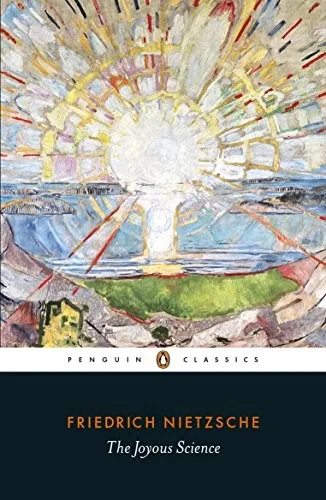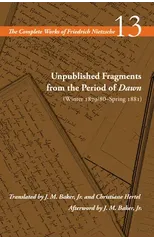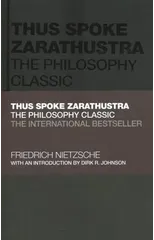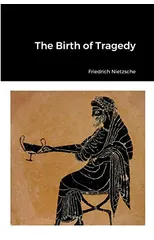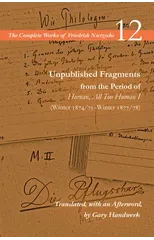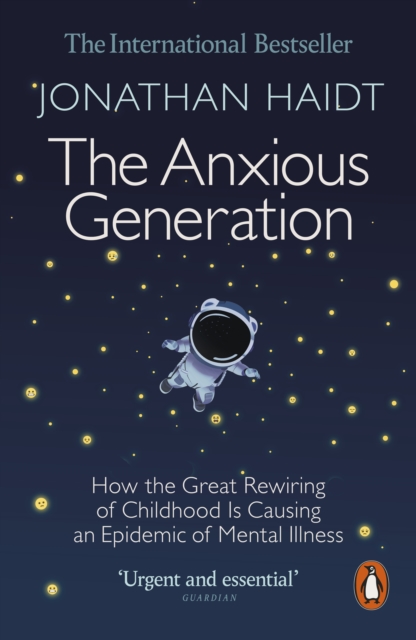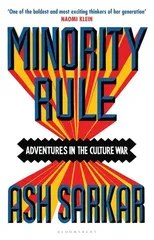The Joyous Science
(Author) Friedrich NietzscheGrounded in his famous notion that "God is dead," Nietzsche's most personal book--and one of his best A Penguin Classic The Joyous Science--also known as The Gay Science and The Joyful Wisdom--is a liberating voyage of discovery as Nietzsche's realization that "God is dead" and his critique of morality, the arts and modernity give way to an exhilarating doctrine of self-emancipation and the concept of eternal recurrence. Here is Nietzsche at his most personal and affirmative; in his words, this is a book of "exuberance, restlessness, contrariety and April showers." With its unique voice and style, its playful combination of poetry and prose, and its invigorating quest for self-emancipation, The Joyous Science is a literary tour de force and quite possibly Nietzsche's best book. For more than seventy-five years, Penguin has been the leading publisher of classic literature in the English-speaking world. With more than 2,000 titles, Penguin Classics represents a global bookshelf of the best works throughout history and across genres and disciplines. Readers trust the series to provide authoritative texts enhanced by introductions and notes by distinguished scholars and contemporary authors, as well as up-to-date translations by award-winning translators.
Friedrich Nietzsche
Friedrich Nietzsche was a German philosopher, cultural critic, poet, and philologist, known for his profound influence on Western philosophy and literature. His most notable works include "Thus Spoke Zarathustra," "Beyond Good and Evil," and "The Birth of Tragedy." Nietzsche's writing style was characterized by his use of aphorisms, paradoxes, and poetic language, which challenged traditional philosophical conventions.
Nietzsche's contributions to literature include his exploration of existential themes, the concept of the "Ubermensch" (overman), and the reevaluation of moral values. His ideas on the will to power, eternal recurrence, and the death of God have had a lasting impact on literature, philosophy, and cultural criticism.
Nietzsche's most famous work, "Thus Spoke Zarathustra," is a philosophical novel that explores themes of individualism, self-overcoming, and the pursuit of meaning in a godless world. The book has been praised for its literary style and innovative approach to philosophical storytelling, cementing Nietzsche's legacy as one of the most influential thinkers of the modern era.
